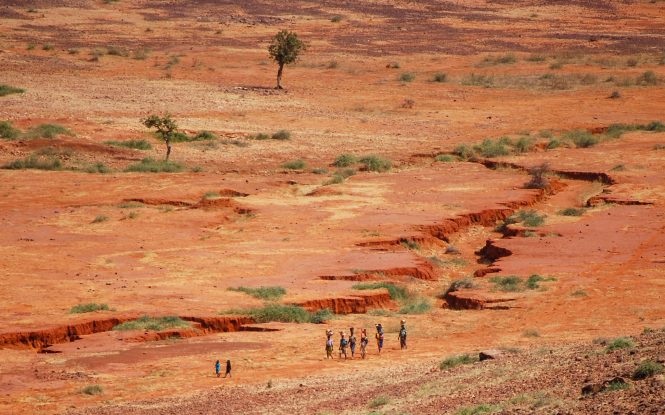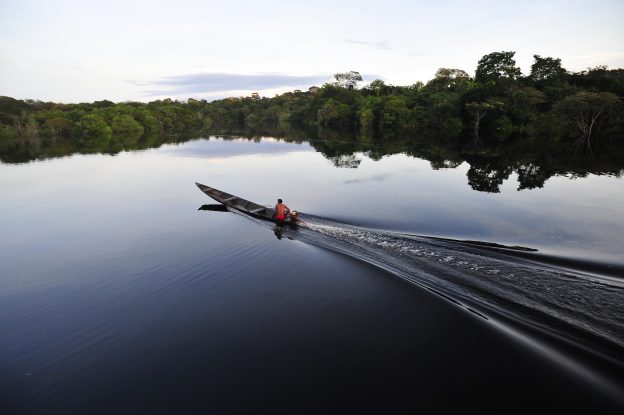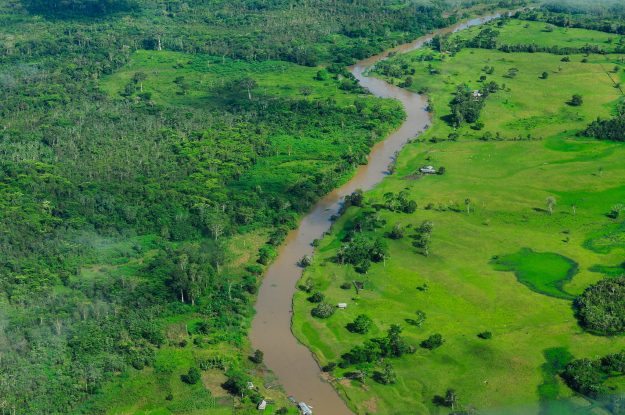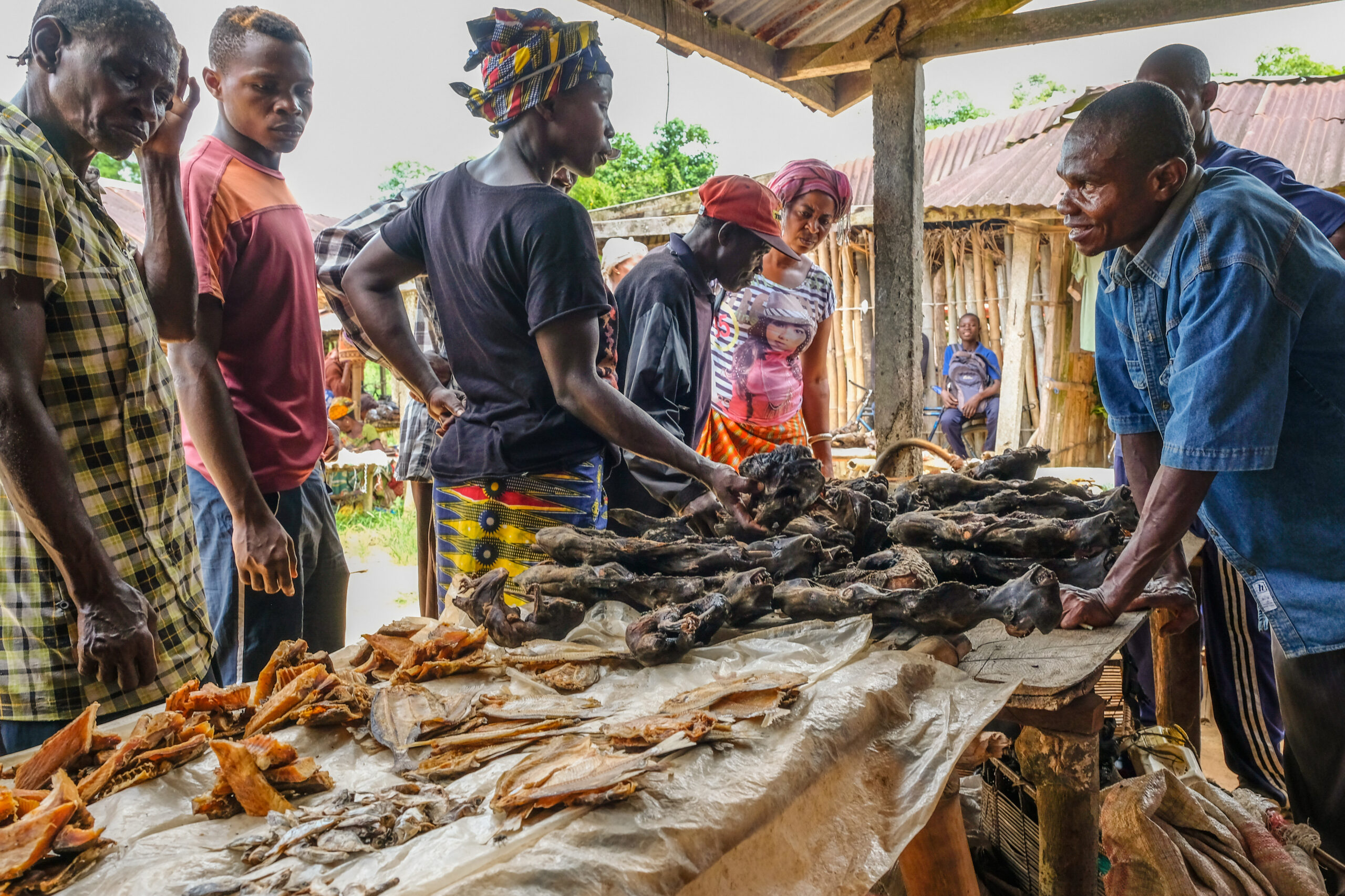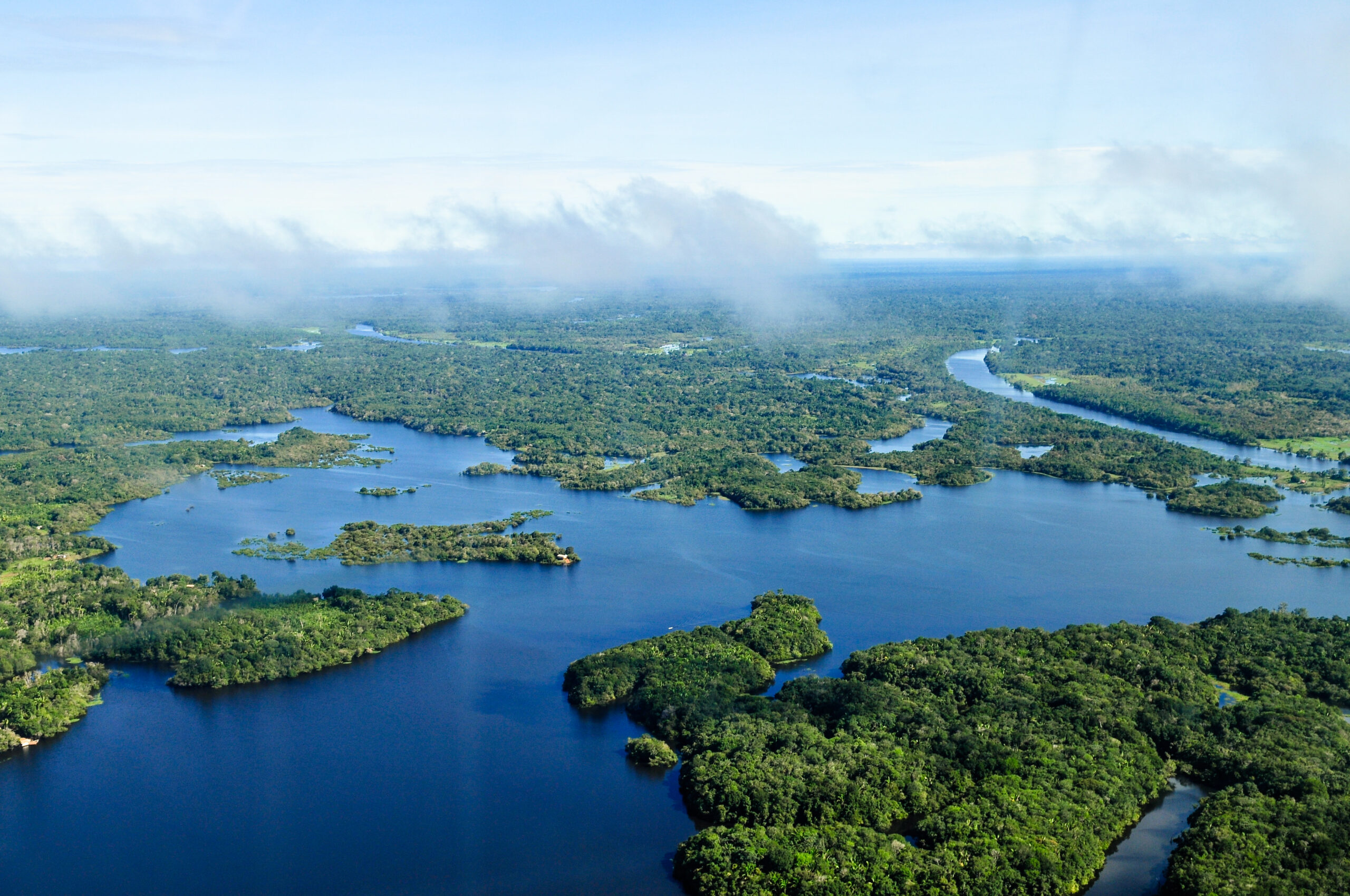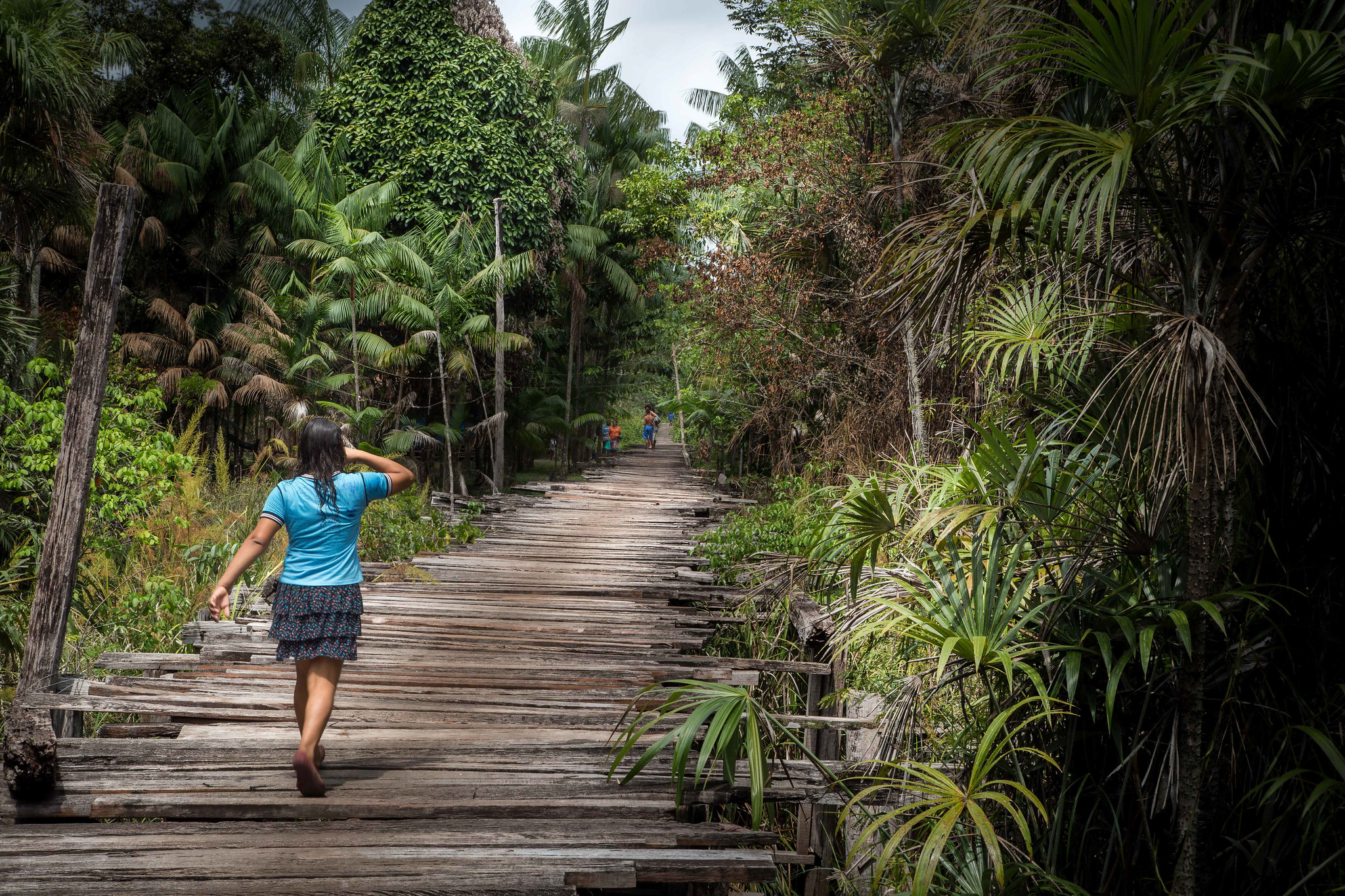A call to scale investment in agroecology for climate resilience took centre stage at the second Africa Climate Summit (ACS2) in Addis Ababa on 9 September 2025. Coordinated by the World Resources Institute (WRI) on behalf of the Ethiopian government and the African Union Commission, the side event Transforming Africa’s Food Systems for Climate Resilience through Agroecology gathered government representatives, scientists, and civil society actors to discuss how ecological approaches can strengthen food systems across the continent.
Opening the side event on behalf of the State Minister for Natural Resource Development at the Ethiopian Ministry of Agriculture, Esaias Lema, director for Crop and Horticulture Directorate, reflected on the urgency of the challenge.
“Africa’s food systems are at a crossroads. Nearly 300 million of our people remain chronically undernourished,” Esaias said. He highlighted that Agroecology offers Africans a pathway of hope and resilience as it is a holistic approach that integrates food security, climate adaptation, equity, and sustainability.
Countries such as Ethiopia and Kenya, Esaias added, are taking leadership through the development of national agroecology strategies — showing that agroecology is no longer a marginal alternative, but a central pillar of green development. In this context, the Center for International Forestry Research and World Agroforestry(CIFOR-ICRAF) has been supporting Ethiopia since November 2024 in developing its national agroecology strategy. Still, significant barriers remain. “Limited financing, inadequate extension services and entrenched interests that favour input-intensive agribusiness models are major obstacles,” said Esaias. “Overcoming these will require political will, realigned investments and inclusive leadership that empowers women, youth, Indigenous Peoples and smallholders as innovators and beneficiaries of the transformation.”
Participants attend the side event Transforming Africa’s Food Systems for Climate Resilience through Agroecology during the Africa Climate Summit 2 in Addis Ababa, Ethiopia. Photo by Ivy Muigai / WRI
Agroecology from concept to practice
Brian Lander, deputy regional director for Western and Central Africa at the World Food Programme(WFP), shared lessons from the WFP Climate resilience program in the Sahel on how community-driven programmes can build resilience to drought and food insecurity. Bearbel Kofler, state secretary for development in the German Federal Ministry for Economic Cooperation and Development reaffirmed her government’s commitment to support agroecology development in Africa.


In his presentation on Developments in Agroecology in Africa, Endalkachew Wolde-Meskel, senior scientist and research in development adviser at CIFOR-ICRAF Ethiopia, explained that Africa’s food systems both influence and suffer from climate change-induced droughts, floods and soil degradation. “Agroecology bridges science, practice and social movement,” Endalkachew said. “As a science, it applies ecological principles to food production. As a practice, it improves farming by working with nature. As a movement, it promotes fairness and resilience rooted in local realities.”
Endalkachew, who helped shape Ethiopia’s agroecology strategy, noted that the approach is “moving from the margins to the mainstream,” with more African countries integrating it into national plans. But he cautioned that implementation would depend on stronger institutions, new investment and the active participation of farmers — particularly youth and women.
In a panel discussion moderated by Dr. Susan Chomba, director of Food, Land and Water at WRI Africa, panellists shared perspectives from their respective organizations, emphasizing that stronger political commitment is essential to integrate and mainstream agroecology into national and regional climate and food system strategies. They also stressed the importance of concrete financing commitments and actionable recommendations to scale up investment in agroecological initiatives across Africa. Strengthening research, extension and education systems, which were seen as equally critical to foster knowledge generation, innovation and capacity building in support of agroecology.
The session concluded with a collective call to action: to anchor agroecology in policy; scale investment in agroecology for climate resilience; advance gender and youth justice and inclusion in food systems; bridge science, Indigenous knowledge and education; protect food sovereignty; and build strong coalitions capable of shifting both narratives and practice.
Panelists exchange insights during the discussion on advancing agroecology to strengthen Africa’s food systems and climate resilience at the Africa Climate Summit 2 in Addis Ababa, Ethiopia.
Photo by Ivy Muigai / WRI
Acknowledgements

